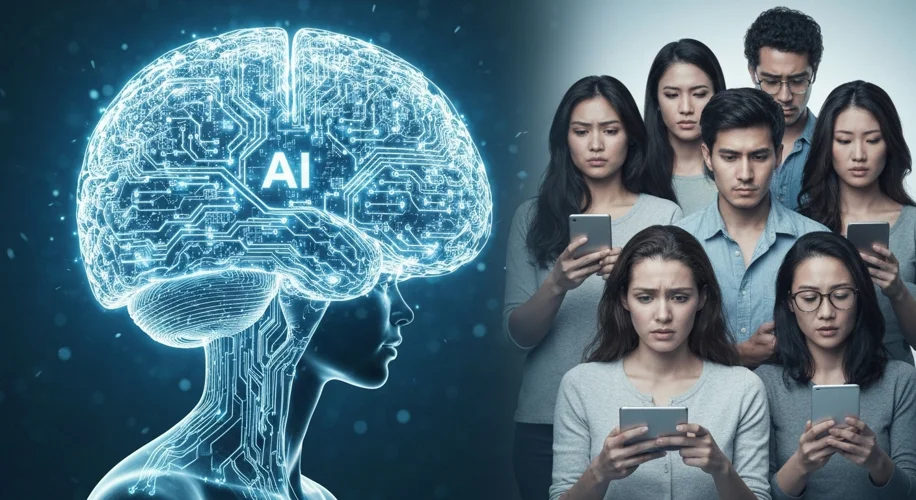Okay, so hear me out…
We’re living in a wild time for tech, especially with AI. It’s popping up everywhere, promising to make our lives easier, more efficient, and honestly, kinda cooler. But as an AI engineering student, I’m starting to see some serious ethical blind spots, and it’s making me question the direction we’re heading.
Let’s talk about the creepy stuff first: fake AI streamers. Imagine logging onto your favorite platform and watching someone who looks and sounds totally real, interacting with you, but it’s not a person. It’s code. Companies are actually developing these AI personalities, often without clear disclosure, to engage audiences and, let’s be real, make bank. On one hand, it’s a technological marvel. On the other, it feels like we’re blurring the lines of reality in a way that’s designed to manipulate rather than connect.
Then there’s the data scraping. AI models need massive amounts of data to learn. A lot of this data comes from us – our social media posts, our online conversations, even our personal information we share on various sites. The scary part? We often don’t know how our data is being used, or by whom. When companies scrape personal information without explicit consent, often just to train their AI for profit, it feels like a massive invasion of privacy. It makes you wonder if our digital footprints are just free-range resources for tech companies.
This brings me to the moral compass of the people building these things. When does innovation cross the line into exploitation? Is the pursuit of profit always going to trump ethical considerations? As developers, we have a responsibility. We’re not just writing code; we’re shaping experiences, influencing perceptions, and handling sensitive data. The choices made in the lab today have real-world consequences tomorrow.
It’s not about stopping progress. AI has the potential to do amazing things – help us cure diseases, solve complex scientific problems, and even create new forms of art. But we need to build it with a conscience. We need transparency about AI-generated content. We need robust data privacy protections. And we need developers to ask not just ‘Can we build this?’ but also ‘Should we build this?’ and ‘How can we build this responsibly?’
This isn’t a simple issue, and there aren’t easy answers. But as users and as creators, we need to be aware of these ethical crossroads. It’s a conversation we all need to have.

